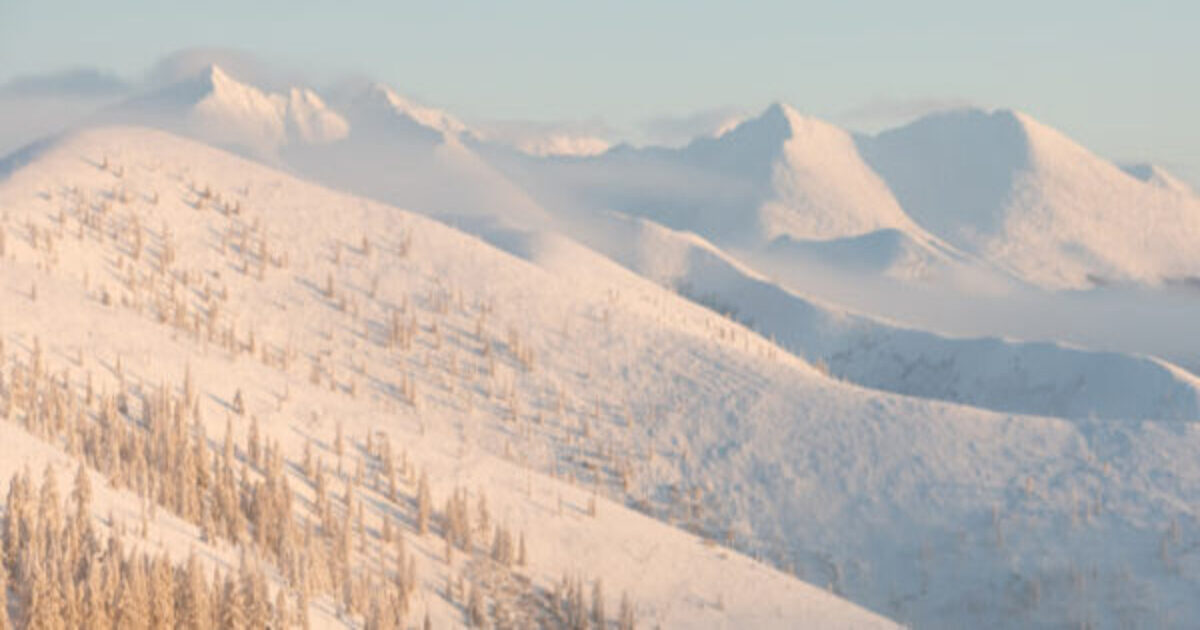Scientists revive 48,500-year-old ‘zombie virus’ buried in ice
Researchers that recovered nearly two dozen viruses

Researchers that recovered nearly two dozen viruses, including one frozen under a lake more than 48,500 years ago, believe that the thawing of ancient permafrost caused by climate change may provide a new threat to people.
Researchers from Europe analyzed prehistoric samples taken from permafrost in Russia's Siberia. Scientists discovered that 13 new diseases, which they resurrected and classified as "zombie viruses," continued to be contagious despite spending many ages frozen on the earth.
The thawing of permafrost brought on by atmospheric warming has long been predicted by scientists to accelerate climate change by releasing methane and other previously contained greenhouse gases. Less is known about its impact on latent infections.
The scientists from France, Germany, and Russia claimed that the biological risk of reviving the viruses they examined was "absolutely insignificant" due to the strains they focused on, primarily those able to infect amoeba microorganisms. They cautioned that their findings can be expanded to indicate the threat is genuine, saying that the possible rebirth of a virus that might infect humans or animals is considerably more problematic.
So, it is likely that when ancient permafrost thaws, these unidentified viruses will be released, scientists wrote in a preprint article posted to the bioRxiv preprint repository that hasn't yet undergone peer review. It is currently impossible to predict how long these viruses might remain contagious after being exposed to outside circumstances or how probable it will be that they will come into contact with and infect a compatible host during that time.
But they said that due to global warming, the risk would inevitably rise as permafrost thawing would continue to speed up, and more people would move to the Arctic due to industrial endeavors.
Researchers caution that thawing permafrost due to climate change may bring back dormant diseases as temperatures rise.

